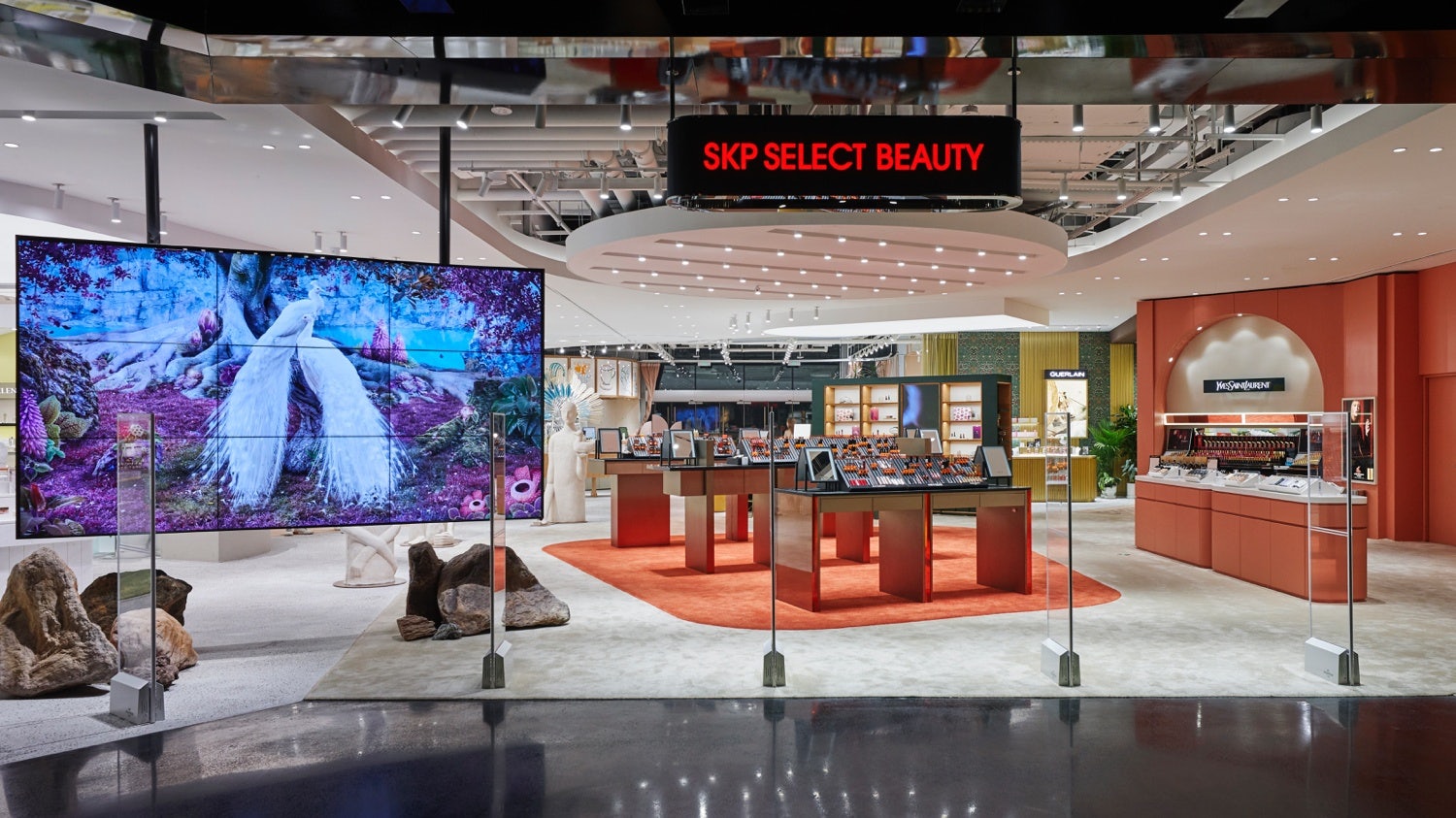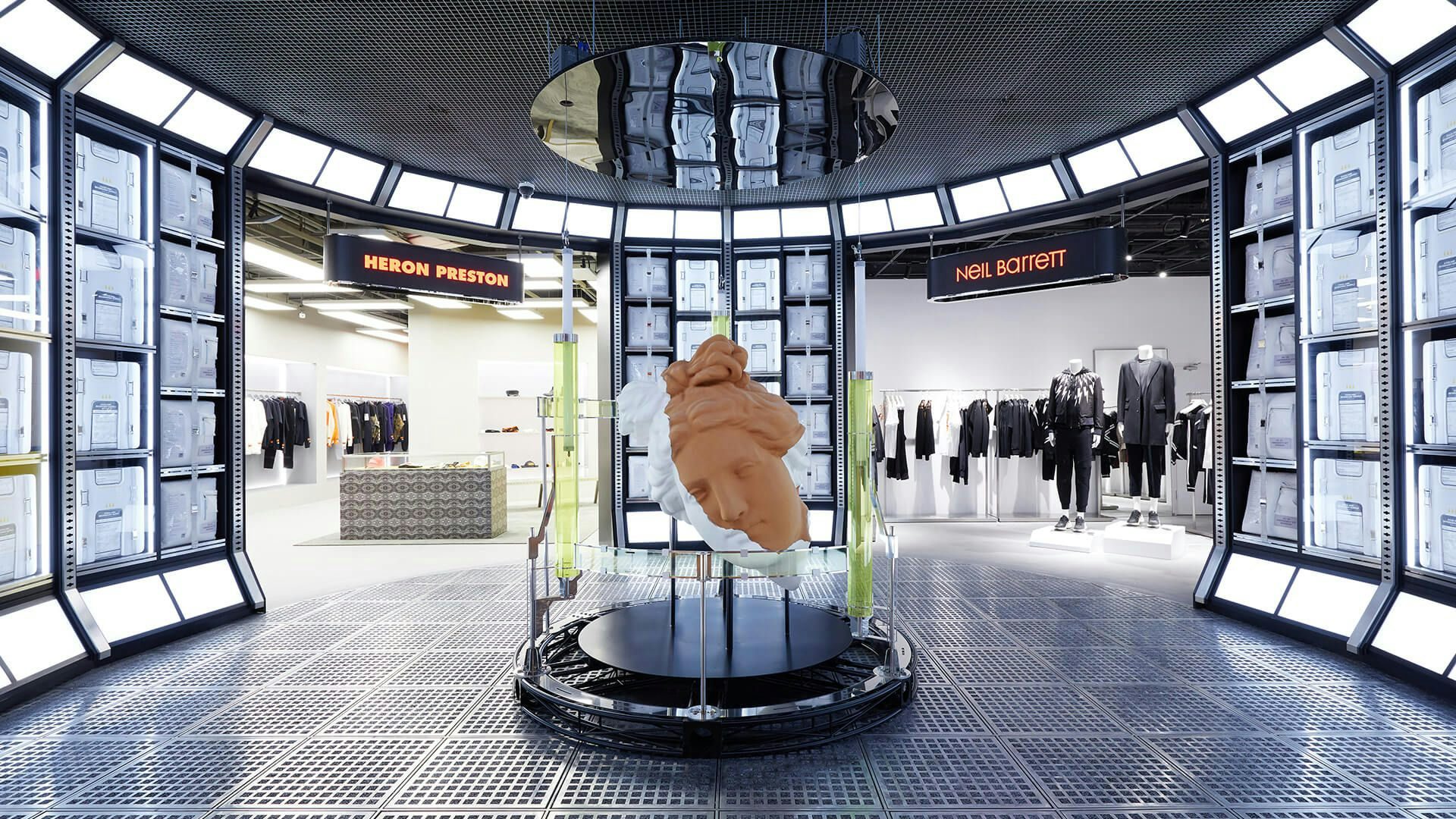What happened
Beijing SKP, which topped China’s shopping mall revenue ranking since 2011 continues its streak, achieving double-digit sales growth in 2020, though offline retail was disrupted by the COVID-19 pandemic. Its annual revenue is expected to hit 2.68 billion (RMB 17.5 billion), as disclosed by the mall, recording a 15.13 percent year-on-year growth from last year’s 2.32 billion (RMB 15.2 billion).
Brands such as the British designer brand Self-Portrait and the French luxury fragrance brand KILIAN launched their first stores in China at Beijing SKP, respectively in May and June. In September, the French jewelry brand Boucheron, under the Kering Group, unveiled its first worldwide dessert shop Jardin d'Hiver. In the past two years, when an international luxury brand enters the Chinese market, 38 percent first launch in a shopping mall, as Deputy Manager Director of Beijing Hualian Group (the parent company of Beijing SKP) told local media Beijing Daily.
Jing Take:#
The continued strong financial performance of Beijing SKP not only confirms China’s booming luxury market, but also sets a benchmark for retailers and brands that look to tap into this lucrative market. Its success has been largely attributed to the strong buying power of local luxury shoppers and China’s consumption repatriation in the second half of the year.
As important, an innovative offline shopping experience allows the shopping mall to resonate with young generations. SKP-S, the sister building located opposite to the luxury mecca unveiled last December, ushered in a era of experiential shopping that married art and technology. Taking advantage of this appealing approach, luxury houses such as Louis Vuitton, Prada, and Moncler have launched pop-up stores and exclusive products in SKP-S.
Other significant and very successful shopping malls such as Plaza 66 in Shanghai and Deji Plaza in Nanjing are also strongholds for luxury players. Yet, department stores in emerging fashion capitals like Chengdu, Hangzhou, Chongqing, and Wuhan are positioning themselves as crucial pathways for brands to connect to local shoppers. With so much competition, global luxury brands need to further segment regional markets and customize strategies according.
The Jing Take reports on a piece of the leading news and presents our editorial team’s analysis of the key implications for the luxury industry. In the recurring column, we analyze everything from product drops and mergers to heated debate sprouting on Chinese social media.


